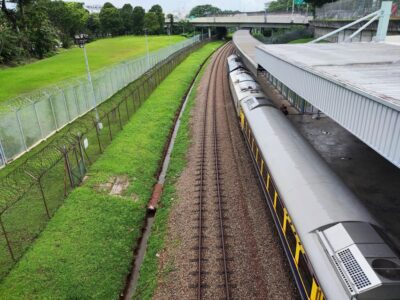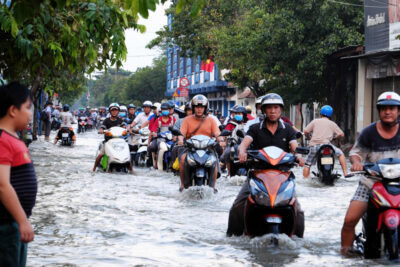Office vacancies in Asia-Pacific expects to increase to 14-16%
Residential markets across the region also boom as fear of missing out drives prices up

As said by Khmer Times, a recent report by global real estate consultancy firm Knight Frank revealed Asia-Pacific’s outlook on likely shifts and trends to come out of COVID-19.
The Asia-Pacific Outlook Report 2022 said that residential markets across the region will heat up, affected by the widespread work-from-home arrangement.
Countries in Asia-Pacific share affordability concerns but fear of missing out continues to drive mainstream prices up.
Moreover, construction delays caused record-low interest rates and limited supply, sustaining price hikes throughout the region. The firm forecasts residential prices to grow around three to five percent next year.
Based on findings from their Global Buyer Survey 2021, the leading factors for residential buys in APAC include the importance of work-from-home, health, and well-being. APAC respondents put access to high-speed broadband as top priority, followed by home study/office, and availability of outdoor space.
Victoria Garret, head of residential, Knight Frank Asia-Pacific, said, “Residential markets across the Asia-Pacific region could continue to strengthen in 2022 as the region starts to recover in the endemic phase. With more quarantine-free travel lanes reopening, foreign buyers could return to key gateway markets sooner than expected. Now is the best time for domestic buyers to pick up their dream homes in view of the potential policy interventions that could hamper purchasing prospects in 2022.”
In addition, office leasing will be driven by tech firms, seeing this period of work-from-home. The report explains that the period of restricted movement and social isolation has only increased the demand for more digital services and integrations.
More: Asia Pacific hotel investment records $2.2B across 43 transactions in Q3
Despite levels of new supply remaining manageable, vacancies are still anticipated to increase from the current 13-14 percent to 14-16 percent.
The report advises current occupiers to capitalise on the current window to secure better lease terms or re-evaluate requirements in supply heavy markets before the recovery gains further traction.
The Property Report editors wrote this article. For more information, email: [email protected].
Recommended
Thailand advances digital finance with blockchain real estate push
Issues over marrying blockchain incentives to a physical asset class is hampering Thailand’s digital finance push
Johor Bahru emerges as a key economic partner to Singapore
Once regarded as a poor relation across the causeway, Johor Bahru is cementing its status as an integrated economic partner to Singapore
Vietnam sets new rules to reward clean energy producers
Vietnam’s government has passed new regulations allowing homeowners and landlords to sell solar power back to the national grid for the first time
Bangkok developers shift focus to safer low-rise and suburban projects
Concerns over Bangkok’s seismic safety in the wake of the recent Myanmar earthquake have prompted a shift toward low-rise developments








